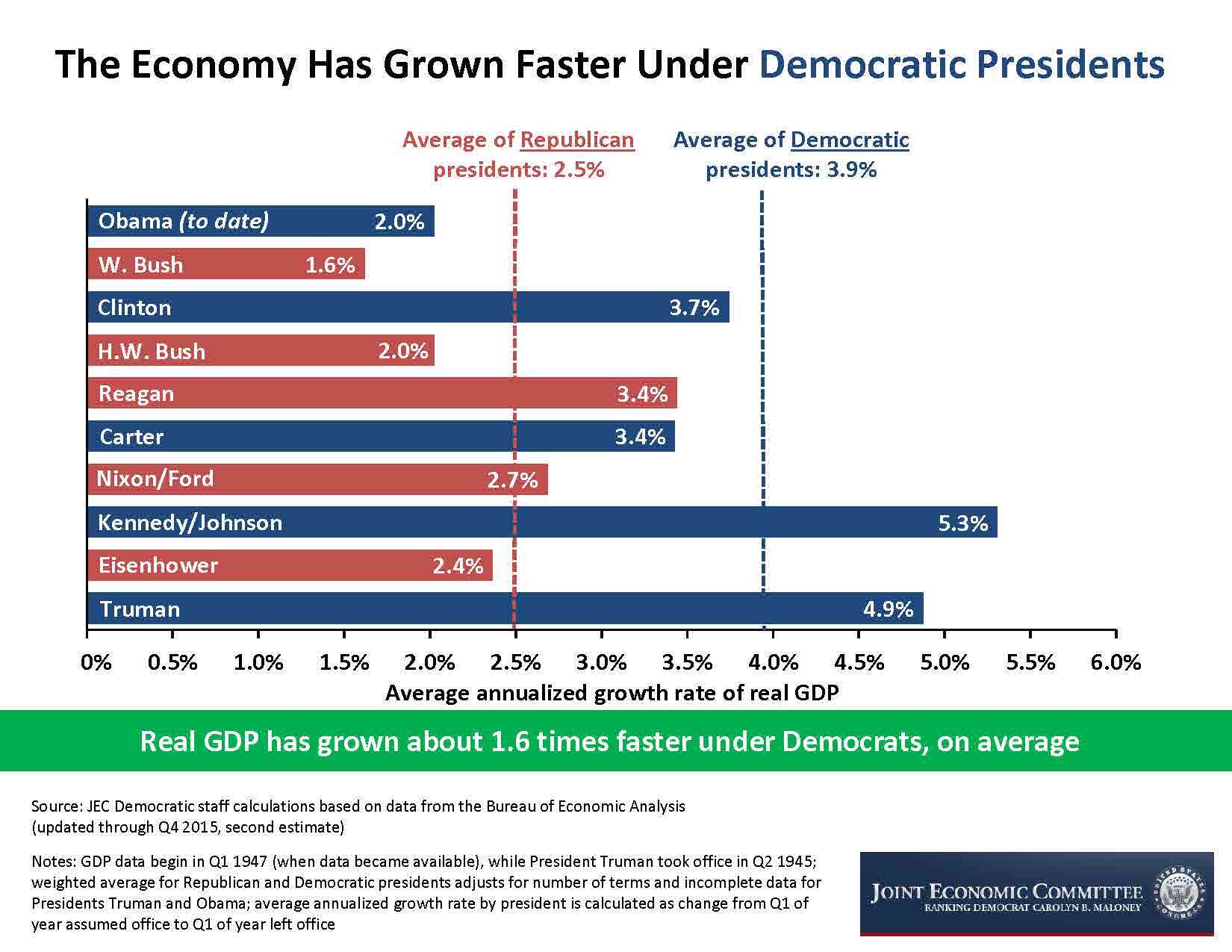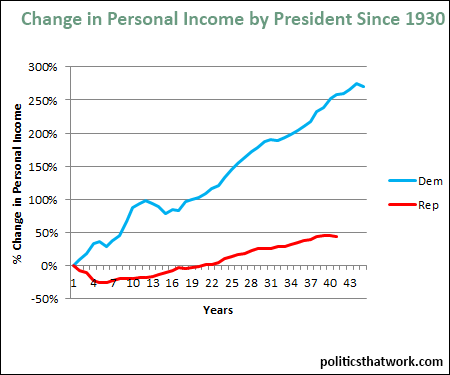I don't think we can really understand or push towards what the future might hold without understanding broad historical trends. Most notably in my opinion:
Social inclusiveness > progressing from limits to the supposed divine right of kings (eg. the Magna Carta); to the institution of republics and constitutional/parliamentary monarchy; to the abolition of formal slavery; to women's suffrage; to black/minority suffrage and non-discrimation; to abortion rights; to gay rights. Whether or not those are considered good things (and at least one member on the forum does not consider democracy good), there's a clear trend there, whose momentum doesn't seem to be slowing. Gay rights are approaching a done deal, and now transgender rights are rising on the horizon.
Globalisation > progressing from primitive loyalty to family or tribe; to loyalty for city-states or small nations; to vast nations and hegemonies: Now we're in a world of free trade agreements, global communications and travel, and at least the pretense of international cooperation on a range of issues which affect the planet and species as a whole such as ozone depletion, management of fisheries, climate change and so on. Multinational corporations are now at the point of threatening national democracy itself, suing countries like Australia over public health measures such as plain packaging for cigarettes; and all domestic economy policies are judged by the yardstick of how they'll fare in the international arena. Again like it or not, the trend seems to point in the direction of increasing emphasis on the international/global scale and decreasing importance for the nation-state.
Technology and automation > progressing from figuring out how to tame animals to reduce our workload and get more done; to harnessing fossil fuel power; to computers and robotics. We're fast entering an era in which fast food workers, cashiers, truck and aeroplane drivers, accountants, lawyers, doctors and many others will soon have far less work available, in some cases none at all, and it's highly unlikely that there'll be enough new, un-automatable jobs opening up to employ them all.
Conservative or right-wing positions seem to oppose or deny trends such as these in most cases: Would it be any surprise if in fact they are losing out?
> What are the conservative policies intended to prepare for a likely halving of the need for human employment in the next few decades?
> When we're colonising other planets and other star systems, 100 and 200 years from now, will we still be squabbling over loyalties determined by historical and geographic accidents on planet Earth?
> With heavy labour and high risk occupations becoming increasingly obsolete, overpopulation being more of a concern than too few babies, and gender differentiations increasingly trivial, how will conservatives cope with increasing numbers who don't want to be forced into traditional roles and identities?
I'd say that right-wing policies still very much have the upper hand as far as international trade relations go. There is no strong global/international democratic body or movement, meaning both that stronger countries are well able to dominate in exchanges with the weak (dumping masses of heavily-subsidized agricultural products on third world markets for example, jeopardizing the livelihoods of majority-employment sectors there), and that fear of other countries' competition could potentially produce a race to the bottom in areas like labour and environmental standards (fortunately less so in practice than might be expected from theory).
But in terms of domestic social policies, preparations for largely post-labour economies, and progress towards an international environment of competition rather than opposition and containment - hopefully with active cooperation on issues of global concern - it would seem that at their best progressive policies are precisely that: Forward-thinking and progressive.



